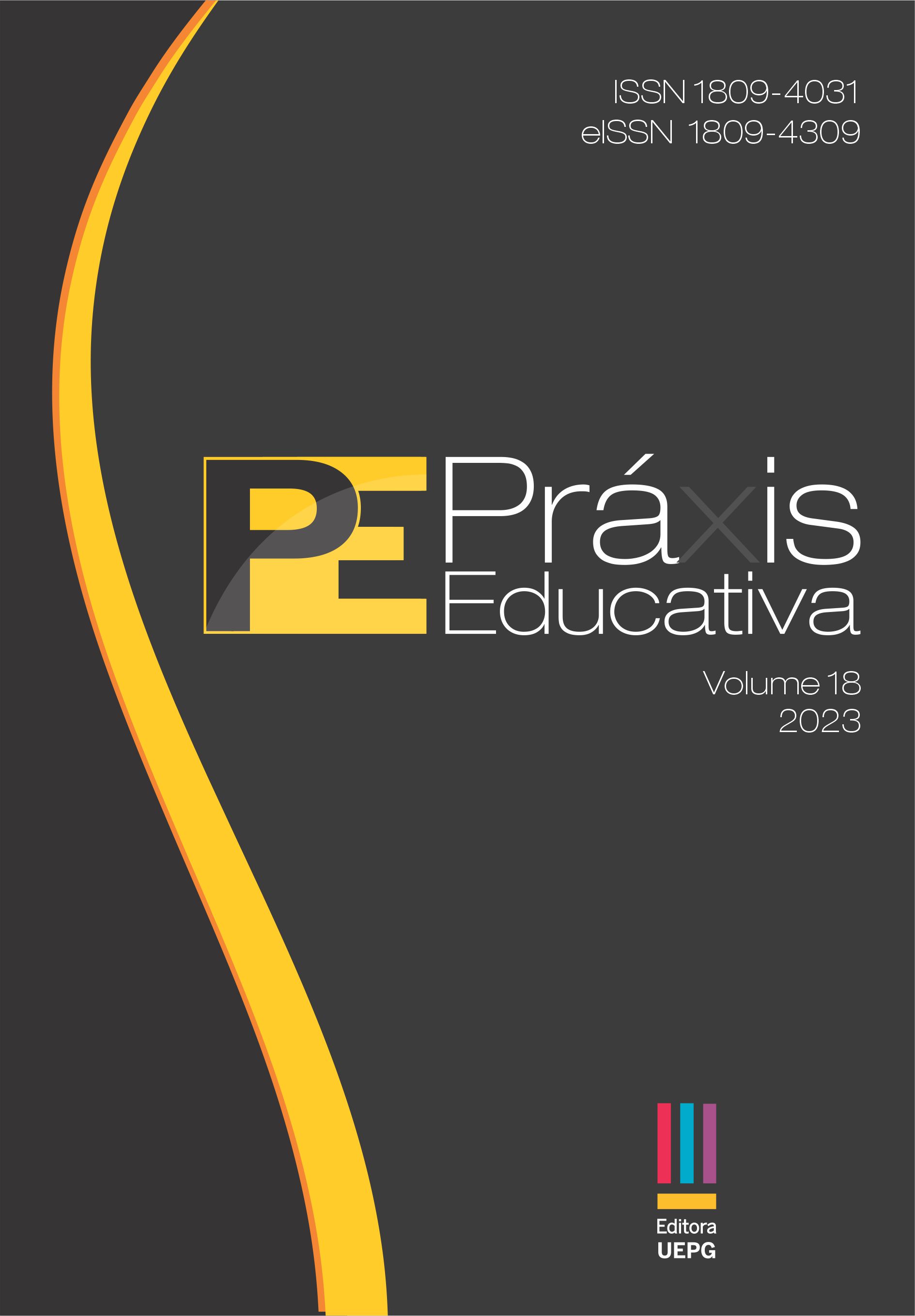Automatic paraphrasing tools: an unexpected consequence of addressing student plagiarism and the impact of COVID in distance education settings
DOI:
https://doi.org/10.5212/PraxEduc.v.18.21679.020Resumo
Text matching tools employed to detect plagiarism are widely used in universities, but their availability may have pushed students to find ways to evade detection. One such method is the use of automatic paraphrasing software, where assignments can be rewritten with little effort required by students. This paper uses the search engine analytics methodology with data from SEMrush and Google Trends to estimate the level of interest in online automatic paraphrasing tools, focusing on the period 2016 to 2020 and the four countries: the USA, UK, Canada and Australia. The results show a concerning trend, with the number of searches for such tools growing during the period, especially during COVID-19, and notable increases observed during the months where assessment periods take place in universities. The method employed in this study opens up a new avenue of analysis to enrich and supplement the existing knowledge in the field of academic integrity research. The data obtained demonstrates that faculty should be alert for student use of automatic paraphrasing tools and that academic integrity interventions need to be in place across the sector to address this problem.Keywords: Paraphrasing tools. Data science applications in education. Academic integrity.
Downloads
Métricas
Downloads
Publicado
Como Citar
Edição
Seção
Licença
Copyright (c) 2023 Práxis Educativa

Este trabalho está licenciado sob uma licença Creative Commons Attribution 4.0 International License.
Autores que publicam nesta revista concordam com os seguintes termos:
a) Os autores mantêm os direitos autorais e concedem à revista o direito de primeira publicação, com o trabalho simultaneamente licenciado sob a Creative Commons Attribution License que permite o compartilhamento do trabalho com reconhecimento da sua autoria e publicação inicial nesta revista.
b) Os autores são autorizados a assinarem contratos adicionais, separadamente, para distribuição não exclusiva da versão publicada nesta revista (por exemplo, em repositórios institucionais ou capítulos de livros), com reconhecimento da sua autoria e publicação inicial nesta revista).
c) Os autores são estimulados a publicar e distribuir a versão onlline do artigo (por exemplo, em repositórios institucionais ou em sua página pessoal), considerando que isso pode gerar alterações produtivas, bem como aumentar o impacto e as citações do artigo publicado.
d) Esta revista proporciona acesso público a todo o seu conteúdo, uma vez que isso permite uma maior visibilidade e alcance dos artigos e resenhas publicados. Para maiores informações sobre esta abordagem, visite Public Knowledge Project, projeto que desenvolveu este sistema para melhorar a qualidade acadêmica e pública da pesquisa, distribuindo o OJS assim como outros softwares de apoio ao sistema de publicação de acesso público a fontes acadêmicas.
e) Os nomes e endereços de e-mail neste site serão usados exclusivamente para os propósitos da revista, não estando disponíveis para outros fins.

Este obra está licenciado com uma Licença Creative Commons Atribuição 4.0 Internacional.

Este obra está bajo una licencia de Creative Commons Reconocimiento 4.0 Internacional.









